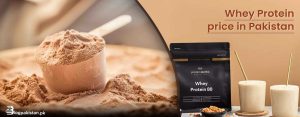If you work out on a daily basis, you probably want to be sure you’re getting the most bang for your buck.
Gaining muscle and strength is a significant advantage of exercise. You can perform at your best during exercise and in everyday life if you have a healthy amount of muscle. For maximum muscle building, three major conditions must be met: eating more calories than you burn, consuming more protein than you break down, and engaging in a muscle-challenging workout regimen.
While you may achieve all of these requirements without using dietary supplements, some supplements may assist you in achieving your objectives. The Best Supplements To Help You Gain & Build Muscle are discussed in this post.
In this blogpost we will discuss the following:
- Why Use Supplements?
- Supplements You Want To Use
- Creatine
- Protein Supplements
- Beta-Alanine
- Branched-Chain Amino Acids (BCAA’s)
- Beta-hydroxy beta-methyl butyrate (HMB)
- Final Verdict
Why Use Supplements?
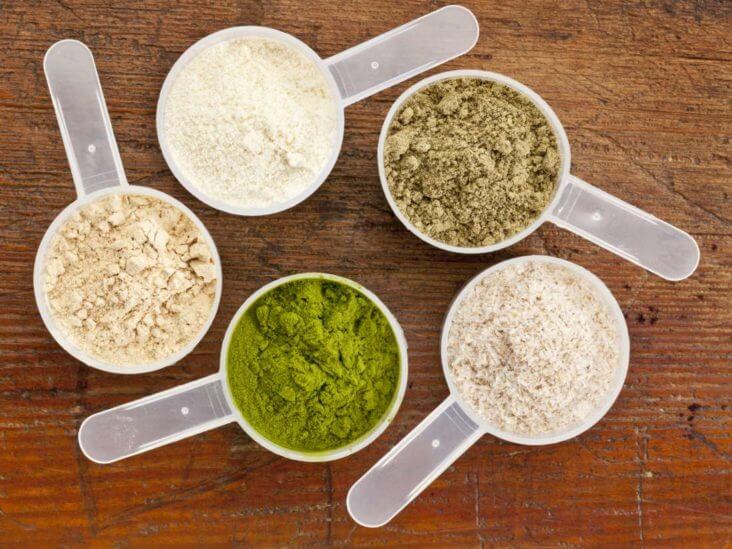
Protein supplements can improve muscular strength and growth in healthy individuals who engage in resistance exercise training. Protein supplementation substantially enhanced lean muscle development in those doing resistance exercise training. Protien supplemnets or even simple dietry supplements help prevent muscle loss in young adults and even older people.
Supplements to Build Muscles
1.Creatine

Creatine is a naturally occurring chemical in your body. It gives your muscles and other tissues energy. Taking it as a dietary supplement, on the other hand, can boost muscular creatine levels by up to 40% over normal. This has an effect on your muscle cells as well as your workout performance, resulting in muscular growth. In fact, a vast body of evidence suggests that creatine boosts muscular strength. If you’re wanting to grow muscle, this is great news. Greater strength helps you to workout more effectively, resulting in higher muscle mass gains over time.
Creatine can also help to boost the amount of water in your muscle cells. Your muscle cells may enlarge somewhat and create signals for muscular development as a result of this. In addition, this supplement may raise levels of hormones that promote muscular development, such as IGF-1. Furthermore, some evidence suggests that creatine may reduce protein breakdown in your muscles.
Many academics have looked at creatine supplements and exercise in general, and one thing is clear: creatine can help you gain muscle growth. Creatine has also been widely studied and has an excellent safety profile, so if you’re searching for a supplement to help you grow muscle, creatine should be your first choice.
2.Protein Supplements
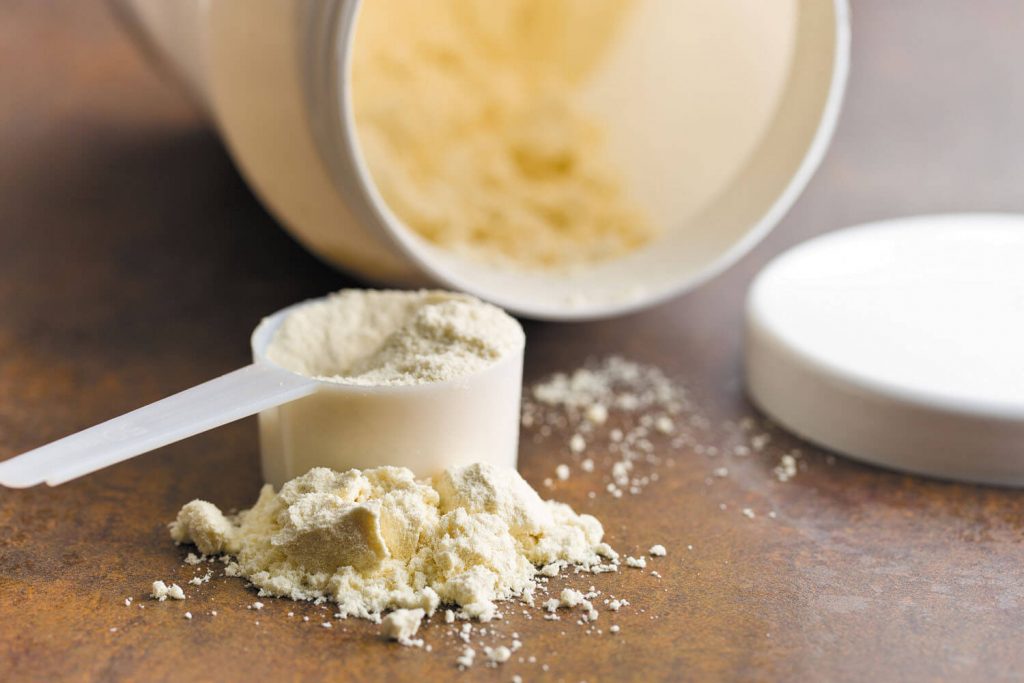
Getting adequate protein is essential for muscular growth. To grow muscle, you must ingest more protein than your body can break down through natural mechanisms. While protein-rich meals can provide all of the protein you require, some people find it difficult to do so.
Protein supplements come in a variety of forms, but whey, casein, and soy protein are among the most common. Protein isolates from eggs, beef, chicken, and other sources are used in various protein supplements. Supplementing with additional protein induces somewhat greater muscle growth in those who exercise than supplementing with more carbohydrates, according to research.
However, the consequences are most likely to be seen by persons who do not get enough protein in their regular diet. In fact, some studies suggests that taking a lot of protein supplements won’t help you gain muscle if you already eat a high-protein diet. Many people are unsure how much protein they should consume on a daily basis. If you’re looking to grow muscle, 0.5–0.9 grams of protein per pound (1.2–2.0 grams per kilograms) of body weight may be the greatest option.
3.Beta Alanine
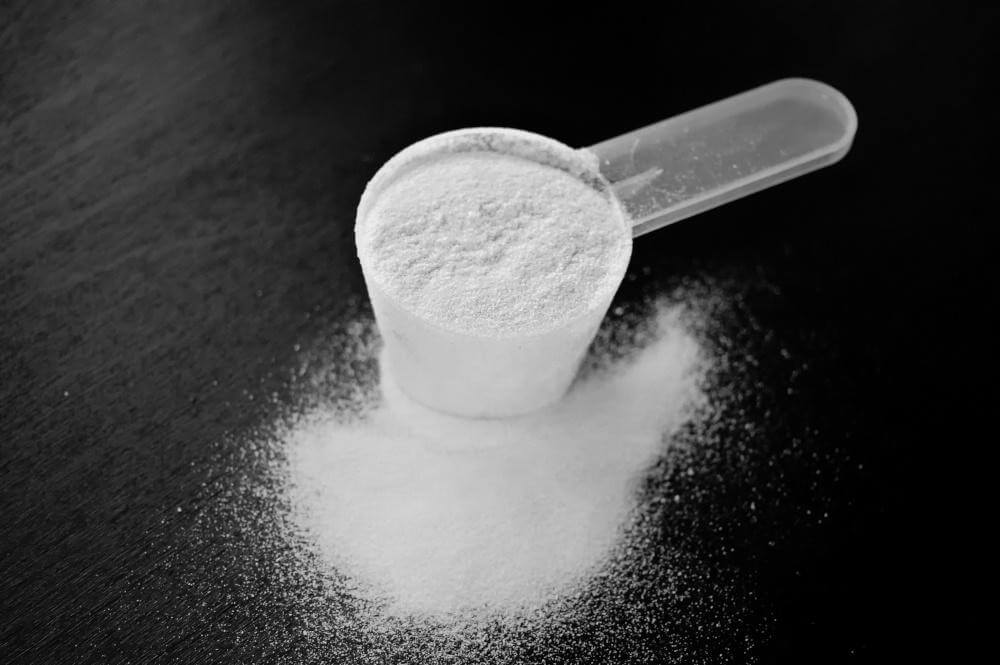
Beta-alanine is an amino acid that can help you feel less tired and improve your workout performance. In addition, if you follow an exercise routine, beta-alanine may help you gain muscle mass. In one research, collegiate wrestlers and football players who took 4 grammes of beta-alanine per day for eight weeks gained more lean body mass than those who took a placebo.
While more research on beta-alanine and muscle gain is needed, another study found that adding a beta-alanine supplement to a six-week high-intensity interval training programme increased lean body mass by about 1 pound (0.45 kg) more than a placebo. While more research on beta-alanine and muscle gain is needed, this supplement may help support muscle gain when used in conjunction with an exercise programme.
4.Branched-Chain Amino Acids (BCAA’s)
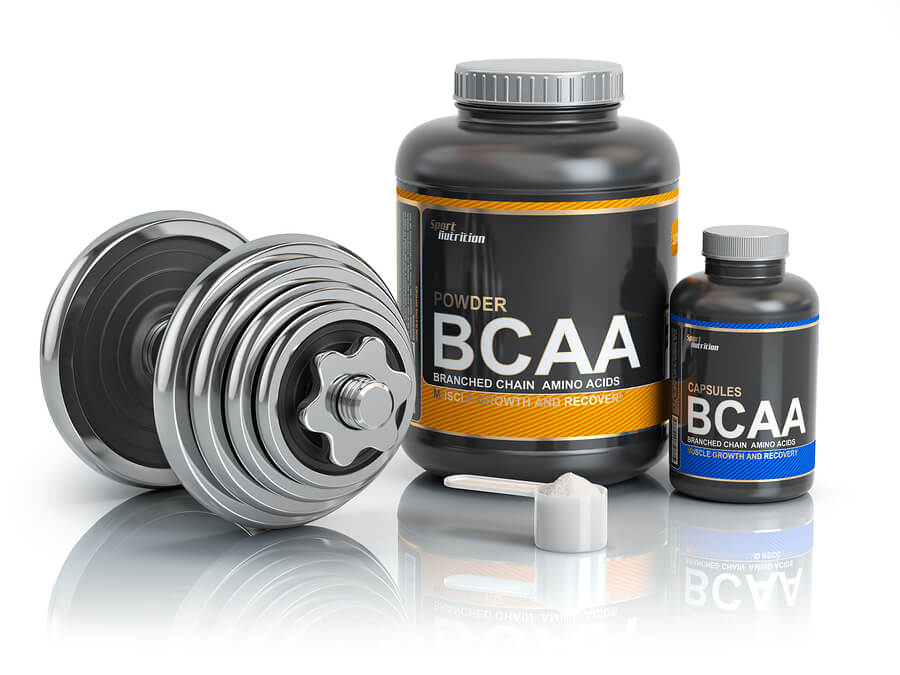
Leucine, isoleucine, and valine are the three amino acids that makeup BCAAs.
They may be present in almost all protein sources, especially those that come from animals, such as meat, poultry, eggs, dairy, and fish. BCAAs account for around 14% of the amino acids in your muscles and are vital for muscular building. Every day, almost everyone takes BCAAs through food, but BCAA supplements are also highly popular. BCAAs have been found in a modest amount of studies to promote muscle building or minimize muscle loss when compared to a placebo.
On the other hand, suggests that BCAAs may not result in higher muscle building when used in conjunction with an exercise regimen. BCAA supplements are likely to be beneficial only if you aren’t getting enough high-quality protein in your diet. While BCAAs may be advantageous if your diet is lacking, further research is needed before they can be suggested as a go-to supplement for muscle building.
5.Beta-hydroxy beta-methylbutyrate (HMB)

When your body processes the amino acid leucine, a molecule called HMB is formed. Some of the positive benefits of protein and leucine in the diet are attributed to HMB. It may be especially beneficial for decreasing muscle protein degradation. Although your body produces HMB naturally, taking it as a supplement allows for larger amounts and may help your muscles.
Taking 3–6 grams of HMB per day can boost lean body mass increases through weight training, according to many studies in previously untrained people. On the other hand, suggests that equivalent dosages of HMB are unlikely to increase muscle growth in individuals who have previously lifted weights.
Final Verdict
If your dietary and training plans aren’t up to par, supplements won’t be able to help you grow the most muscle. You must consume enough calories and protein to grow muscle, as well as exercise, preferably with weights. After you’ve gotten your eating and activity under control, you might want to look into dietary supplements. Supplements like as creatine and protein are likely to be the most helpful for muscle gain, although other supplements may be good for some people.
















